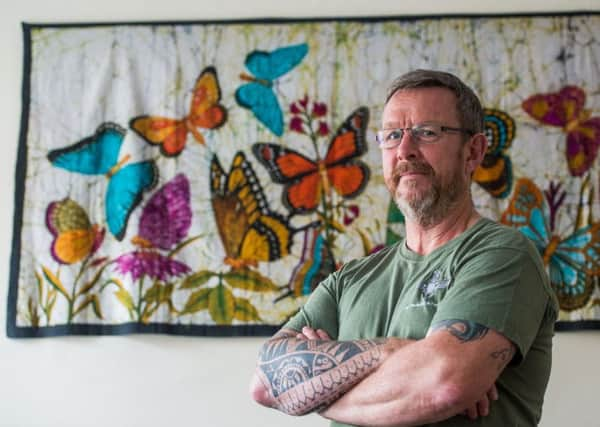GPs urged to intervene as chronic PTSD cases soar


New figures reveal that patients discharged from Scottish hospitals with the condition have more than tripled in the past 15 years.
Psychiatrist Neil Greenberg said the figures were “the tip of the iceberg” and called for GPs to intervene with support for abuse victims and people involved in car crashes or assaults to ensure they do not develop PTSD.
Advertisement
Hide AdAdvertisement
Hide AdAlthough most people can be treated in the community, the numbers of the most seriously affected have been increasing, with 92 people diagnosed in 1999 compared to 323 last year.
Tory mental health spokesman Miles Briggs, who obtained the figures, said: “It is clear that health services will need to continue to adapt to provide the appropriate support, especially in relation to counselling and mental health services, for what appears to be a clear trend showing an increasing number of people with PTSD.”
Greenberg, the Royal College of Psychiatrists’ lead on military and veterans’ mental health, said a major push to improve services in the last decade could account for the rise. He said: “These cases are going to be the tip of the iceberg because most cases don’t go to hospital and are treated in the community. We need to be reaching out and asking people about their psychological health. PTSD is very treatable early on but if they wait seven years for treatment they may have lost their partner, their job, or their kids, and that’s when things are very difficult.”
Keith McKenzie, 57, was diagnosed with chronic PTSD in 2008 after working as a fire-fighter for 22 years. McKenzie, of the Canongate, Edinburgh, said: “One of the big problems is there aren’t the NHS resources to deal with it. I had been struggling for years before I got help.”
A Scottish Government spokesman said: “In recent years we’ve seen a significant increase in the number of people accessing mental health services. If that means more people are prepared to ask for help rather than suffer in silence, that should be welcomed.”